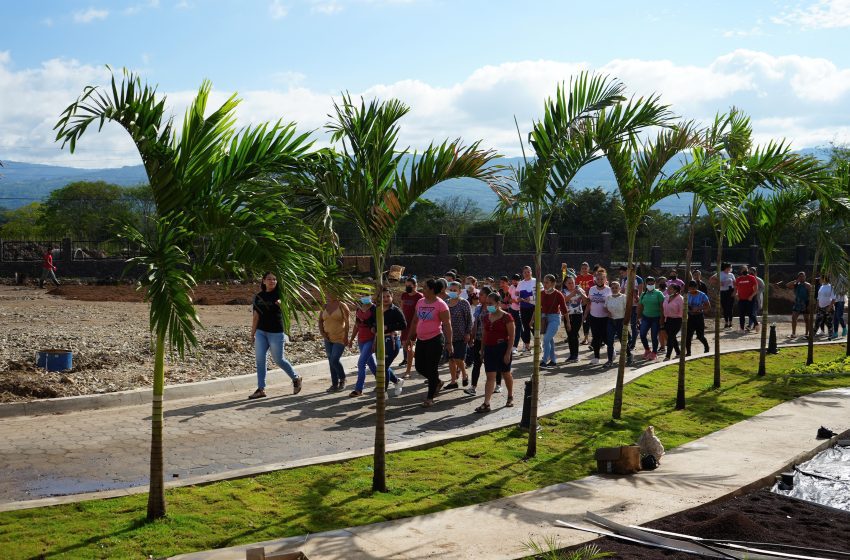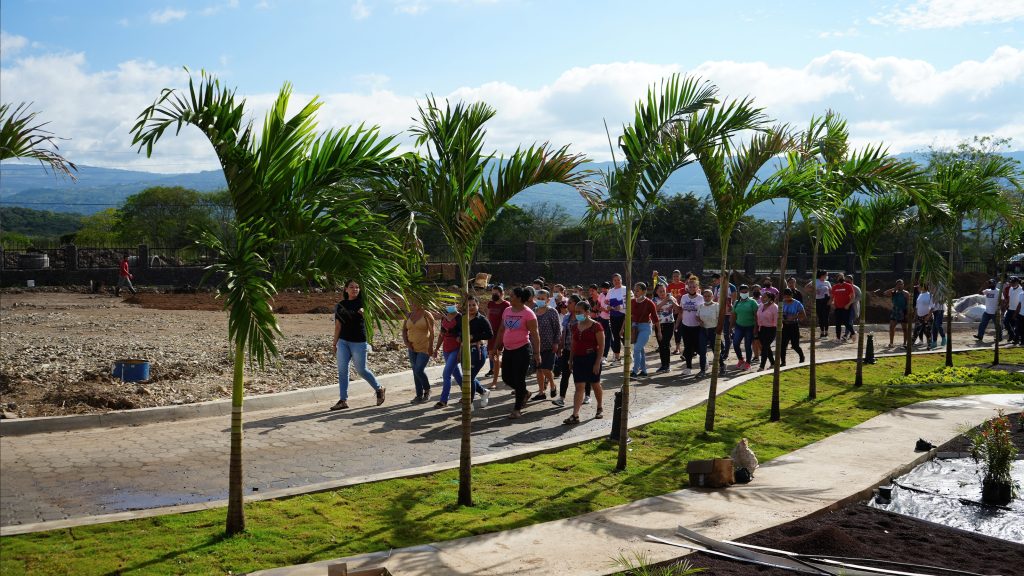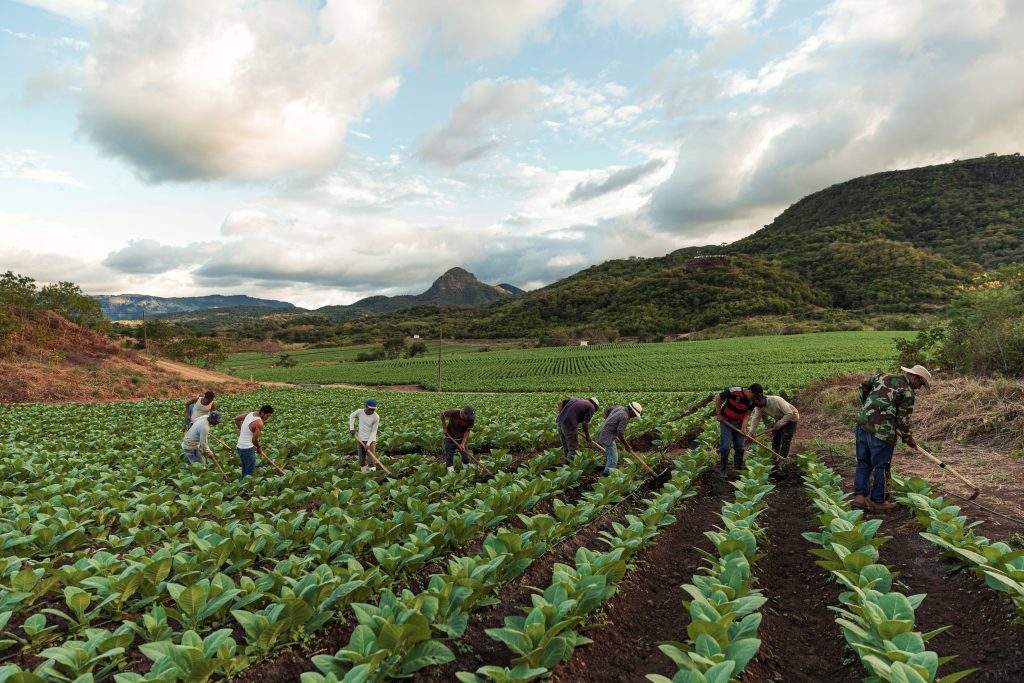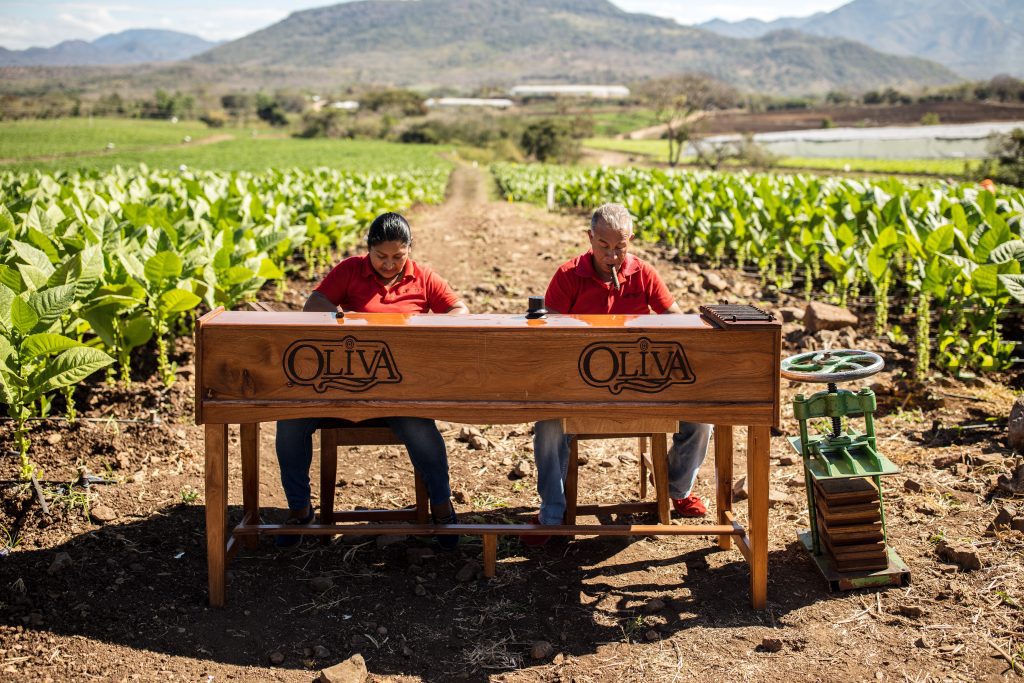A Growing Household
- Also in TR Cigars Print Edition
- August 1, 2023
- 0
- 10 minutes read

Photo: Annick Vernimmen

The Vandermarliere Family of Cigars is expanding.
By Stefanie Rossel
Cigars are a “gourmet” niche within the tobacco industry, but in the mass market cigar segment, sales keep growing. According to Statista, the global cigar revenues segment will amount to $22.43 billion this year, and the market is expected to increase at a compound annual growth rate of 4.28 percent between 2023 and 2027.
With a revenue of $12.7 billion in 2023, the U.S. is the world’s largest market for cigars, followed by the U.K., China, Germany and Italy. One reason for the recent growth, Statista analysts say, is the fact that cigars have started gaining popularity among younger adult consumers in many countries, reversing a decades-long downward trend.
One cigar company that has been growing in line with global market development is VCF of Zwevegem, Belgium. Founded in 1926, the family-owned business has a long tradition as a manufacturer of high-quality cigars and cigarillos. In the 1970s, VCF’s predecessor became the owner of the J. Cortes brand through the acquisition of the Belgian cigar manufacturers Neos Cigar. Chairman Guido Vandermarliere reinvented the brand, with a characteristic deep-blue packaging and select tobacco varieties.
For many years, the company traded under the name J. Cortes, which turned the firm into a global player in the 1980s. In 2016, it took over U.S.-based Oliva Cigar Co., a family-run manufacturer of hand-rolled cigars with whom the Vandermarliere family had long-standing ties. It then brought J. Cortes and Oliva Cigars together under the umbrella of VCF—the Vandermarliere Family of Cigars.
Today, Oliva Cigars is the parent company for all of VCF’s handmade cigars whereas J. Cortes is the overarching brand for all of the company’s machine-made products. The takeover of Oliva Cigars turned the United States into VCF’s most important market overnight. VCF now caters to more than 85 markets with both handmade and factory-made cigars.
“Historically, France has been very important for our family, and the U.S. for the Oliva family,” says VCF CEO Fred Vandermarliere, who leads the company in the third generation. “When looking to Europe, we are strong where we have our own sales teams. This is the case in the Benelux, France, Spain, Germany and Italy.”
Growing the Business

VCF has been expanding its sales and distribution networks in the latter two countries.
In July 2022, VCF acquired two German cigar companies, Woermann Cigars and Wolfertz—transactions that set the stage for VCF to become one of the leading premium cigar distributors in Germany, which is one of the largest markets for non-Cuban cigars outside the U.S. In addition to selling its own brands, Woermann is also a distributor. Wolfertz, too, is a leading cigar distributor in Germany; the company has been distributing Oliva Cigars since 2010. VCF’s German cigar business, which was operated by four different German distributors before, was transferred to the new organization in January 2023.
In June 2023, VCF announced a partnership with Cuban American cigar manufacturer EPC, under which VCF will start distributing EPC cigars in Italy.
“In Italy, we only cover the sales part,” explains Vandermarliere. “Since the early 2000s, we have been investing in a local sales team. Germany is a different story. It’s a big cigar country, and there is no real central distribution. Entering the market there was always rather difficult, so we never really put much effort into it. That changed since Oliva and Olifant joined the family. Suddenly, we had a stronger portfolio and more leverage. It opened our mind to think about alternative solutions. We talked to all our partners, and finally Woermann and Wolfertz decided to join our family, making us stronger to survive the heavy legislation that was coming to us. Concerning sales, we are strongly convinced that keeping focus is important for the company and the sales team. Consistently hitting the same nail over and over again is in my opinion the real key to success, even though it’s not always fun.”
New Processing Centers

Regarding its production facilities, VCF hasn’t been idle either. The company, which sources its tobaccos from all over the world, works in three locations: In Sri Lanka, it runs a tobacco processing factory, to which it sends all leaf tobaccos. Once processed, the leaves are sent back to Europe and made into cigars at VCF’s Belgian manufacturing plant in Handzame. Zwevegem is the company’s logistics center, where most of its cigars are packed, stamped for tax purposes and eventually distributed all over the globe.
In the past two years, VCF’s manufacturing focus has been on hand-rolled cigars. The company invested millions of U.S. dollars in two state-of-the-art processing centers in Nicaragua for its Oliva Cigars division. Las Llantas in Condega and Las Mesitas in Esteli, situated about 40 km apart in the northwest of the central American country, became operational in December 2021 and 2022, respectively.
The idea behind the ventures was to be able to closely monitor every step of the production so that soil, tobacco and handling reinforce each other to create a first-class product for cigar aficionados. For the same reason, VCF has also purchased farms in Nicaragua and is now growing its own tobaccos.
“We are strong believers that’s it’s essential,” says Vandermarliere. “If you want to produce a premium cigar, it is necessary to control every part of the process. Having your own fields and growing your own tobaccos are a few of the steps that guarantee a consistent flavor and quality for now and for the future. The fields also provide a certainty of supply and have an ecological benefit. It enables you to test new seeds, new variations, working with less pesticides and water, etc. But this doesn’t exclude the collaboration with local farmers; it enforces it. We start to gain knowledge in our own fields and are then helping the independent farmers as much as possible to follow our tests when they are successful.”
The new facilities have jointly created jobs for 1,400 local workers. The project has also boosted the local community, an important consideration in the company’s philosophy. In addition to creating the best possible working conditions for its employees, VCF has started a number of initiatives in Nicaragua, such as setting up a preschool with the Oliva Helping Hands Foundation. “Besides that, we have been doing charity for many years and all over the planet, with a focus on youth and the next generation,” says Vandermarliere. “We want people to have a chance at a better life, and it all starts with education. We have supported mobile schools in Sri Lanka and Nicaragua. There’s also the Procigar Initiative, which provides better housing for the local communities that we support every year.”
Smaller Carbon Footprint
On the other side of the Atlantic, VCF has reintroduced tobacco farming in Flanders, the Dutch-speaking part of Belgium. It’s another move to support the community; with its initiative, VCF hopes to revive knowledge about tobacco cultivation and the seed species that promote biodiversity in the region. But it also contributes to more sustainable production, says Vandermarliere. The main reason, he says, is to shorten the supply chain. “It is true that the crops are quite small and the Belgian soil does not grow every kind of tobacco,” says Vandermarliere. “The leaves have a specific flavor, but blended with other tobacco, you can definitely use them. Moreover, it helps us to secure our stock.”
Sustainability plays an essential role in the company’s strategy. In 2022, VCF received its first annual certificate from Voka, Flanders’ chamber of commerce and industry, for having eliminated 100 tons of plastic and 600,000 cardboard outer packagings from its production chain. The company also analyzed its mobility and has started switching to hybrid and electric cars. The measures were only the first in a series; in 2021, VCF signed a sustainability charter and, in consultation with Voka, set itself 20 sustainable action targets linked to the United Nations Sustainable Development Goals—all of which it achieved.
“Sustainability has always been very important to us, even long before it became a marketing asset,” says Vandermarliere. “Everything we do, we do for the next generation(s), so there is no other way than the sustainable way. Our further plan is to make every layer of the business sustainable. It is on top of our agenda because we want people to enjoy our cigars 100 years from now. Sustainability is not only about land but also about people and the market.”
The new plant in Nicaragua, according to Vandermarliere, is a great example of the company’s vision on sustainability: “First of all, it has a small ecological footprint. Secondly, the working conditions for our people are great. And finally, it’s such a beautiful building, which hopefully helps to ensure the lifespan of the building.”
With more than 7,500 employees worldwide, VCF manufactures more than 450 million cigars annually. Vandermaliere says he is not expecting radical growth of the cigar market, as the premium cigar market has always been stable. His company, he adds, is a family that sells relaxation. Fittingly, Vandermarliere is similarly relaxed about the future: “In all our history, we never planned any of the great milestones. Things happen as they do, and things seem to cross our path very naturally. This is part of our long-term vision to survive. If we find families with a similar philosophy and values to whom we can bring added value and vice versa, we will consider collaborating. Indeed, a lot happened in the last five years, but it is equally possible that nothing will change in the next five years.”

